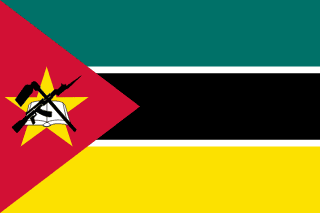COLOCAL
About Us
The Co-Creating Knowledge for Local Adaptation to Climate Change in Least Developed Countries (COLOCAL) Project is an initiative under the Norwegian Agency for Development Cooperation’s NORHED II 2021-2026 programme.
The project was initiated by the International Centre for Climate Change and Development (ICCCAD) at the International University of Bangladesh, which leads a network on climate change and capacity building in Least Developed Countries (LDCs). They were instrumental in selecting the partners, who are part of the LDC Universities Consortium on Climate Change (LUCCC) network, based on a needs assessment and interest.
The aim of this project is to build capacity of universities in LDCs for Community-Based Adaptation (CBA) and Locally-Led Adaptation (LLA) education and research. The project is designed to contribute to the goals of LUCCC, including south-south collaboration, working with the most vulnerable to foster collaborative learning and capacity-building.
The participating LUCCC partners are University of Makerere in Uganda, Eduardo Mondlane University in Mozambique; Pokhara University in Nepal; and Independent University Bangladesh, with the Norwegian University of Life Sciences as a north-based partner.
Activities under the project include undertaking research that focuses on vulnerable communities facing diverse climate risks, adopting bottom-up approaches to knowledge co-creation. Such researchbased knowledge is expected to feed into educational curricula development and capacitybuilding activities. The project engages in capacity building at multiple levels through inter and intra-country co-learning involving students, university researchers and educators, community groups, local governments, and policy makers.
The expected outputs of the project include strengthened educational and research capacity, improved knowledge on CBA, including skilled CBA knowledge co-creators, and partnerships to support needs-driven, locally-based and contextually sensitive adaptation. The outputs are expected to influence policy, planning and practice around CBA through co-learning and knowledge dissemination.
Objectives
South Partners

Bangladesh
Independent University, Bangladesh

Mozambique
Eduardo Mondlane University

Nepal
Pokhara University

Uganda
Makerere University
North Partner

Norway
Norwegian University of Life Sciences